Sustainable Gardening Tips: Cultivating a Greener, Healthier Garden
Sustainable Gardening Tips: Cultivating a Greener, Healthier Garden
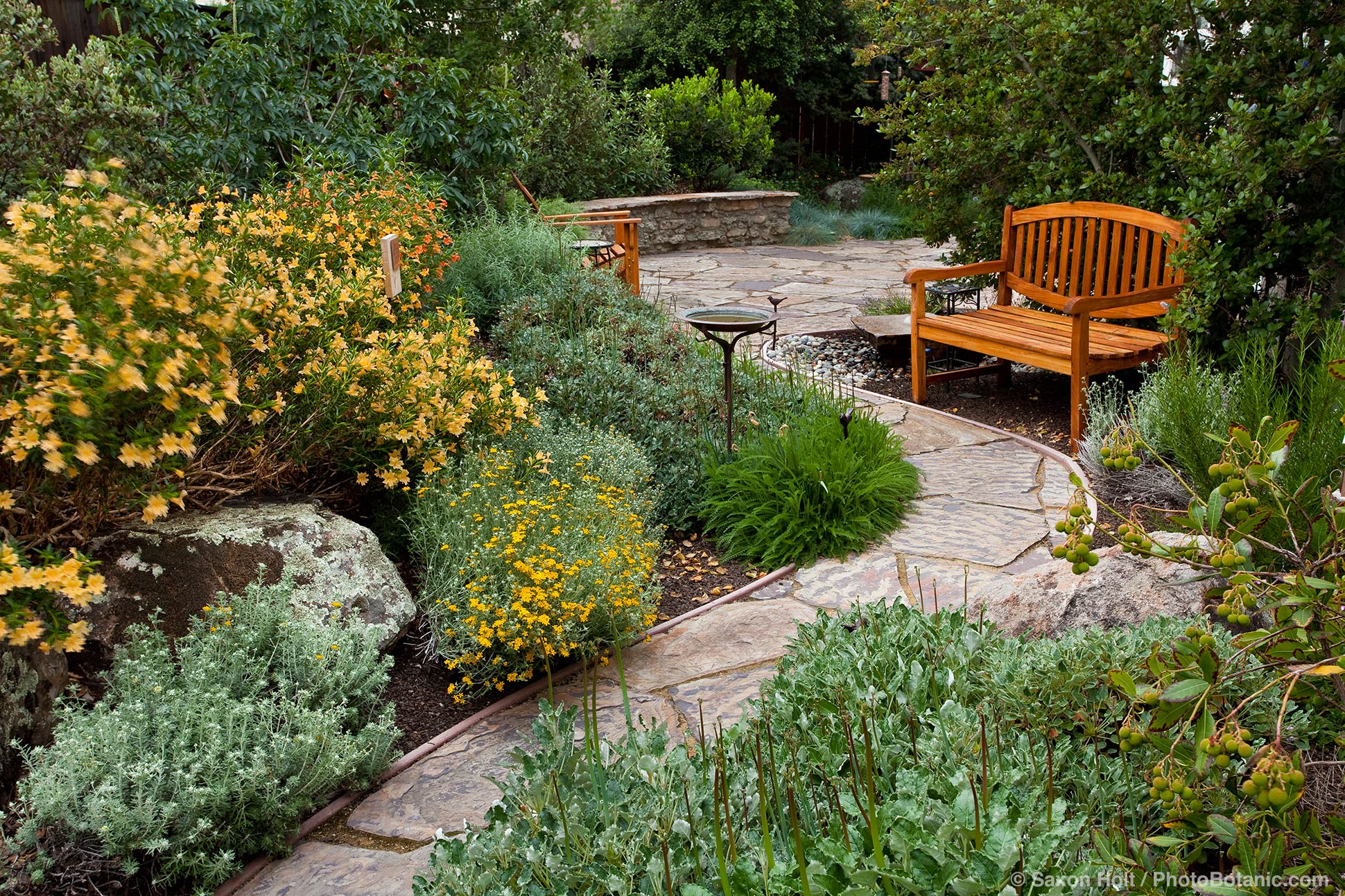
Gardening isn't just about growing plants—it's about nurturing the environment around us. Embracing sustainable practices in your garden not only promotes biodiversity but also conserves resources and supports healthier ecosystems.
Whether you're a seasoned gardener or just starting out, here are some sustainable gardening tips to help you cultivate a greener, healthier garden.
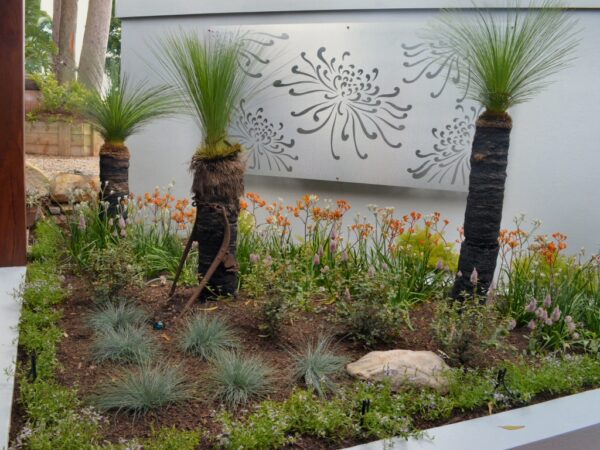
Choose Native Plants
Native plants are adapted to your local climate and soil conditions, requiring less water and maintenance compared to non-native species.
They also provide food and habitat for local wildlife, promoting biodiversity in your garden.
Research native plant species in your area and incorporate them into your garden design.
Practice Water Conservation
Water is a precious resource, especially in gardening.
Reduce water waste by installing a rain barrel to collect rainwater for irrigation.
Use drip irrigation or soaker hoses to deliver water directly to plant roots and minimize evaporation.
Mulch around plants to retain moisture and suppress weed growth.
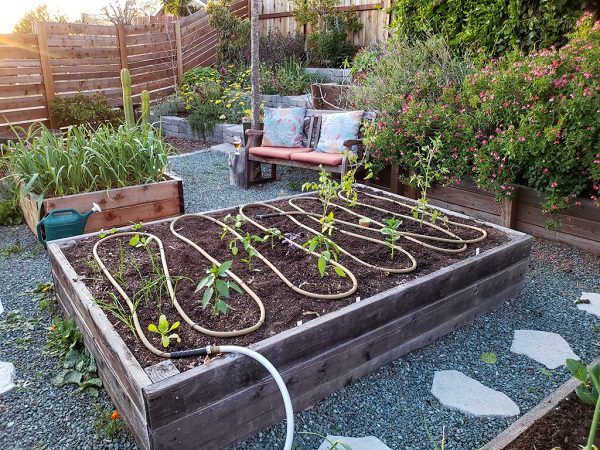
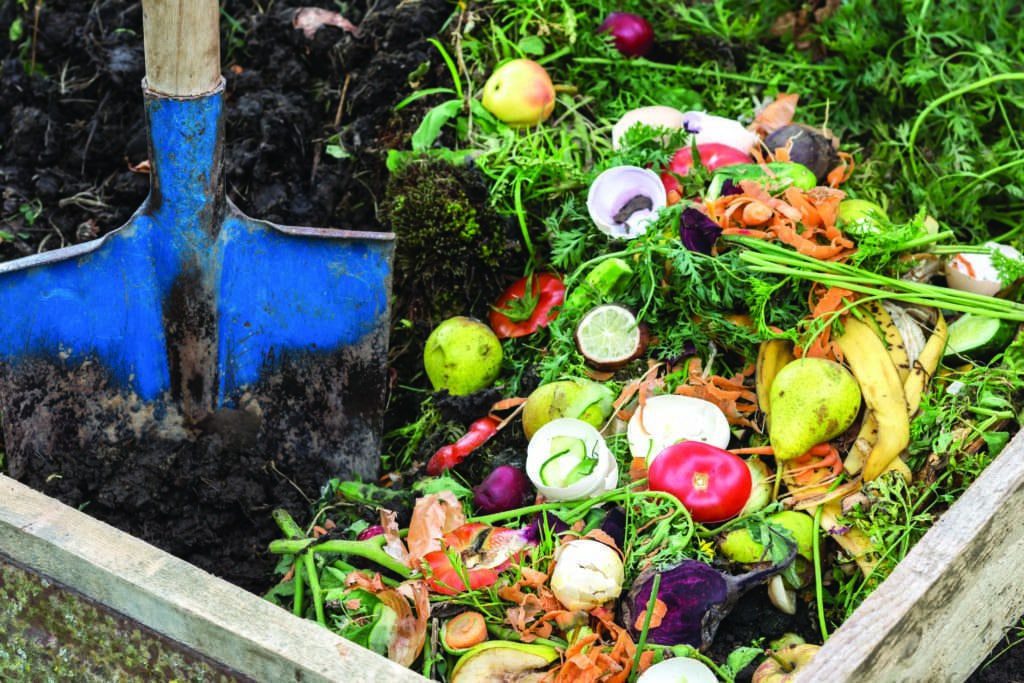
Compost Garden & Kitchen Waste
Composting is a natural way to recycle organic matter and enrich your soil.
Start a compost bin or pile with kitchen scraps, yard trimmings, and other organic materials.
Compost adds nutrients to the soil, improves soil structure, and reduces the need for chemical fertilizers.
Practice Integrated Pest Management (IPM)
Avoid using chemical pesticides that can harm beneficial insects and pollinators.
Instead, practice IPM by monitoring your garden regularly, identifying pests and diseases early, and using natural or organic pest control methods when necessary.
Encourage natural predators like ladybugs and birds to help control pest populations.
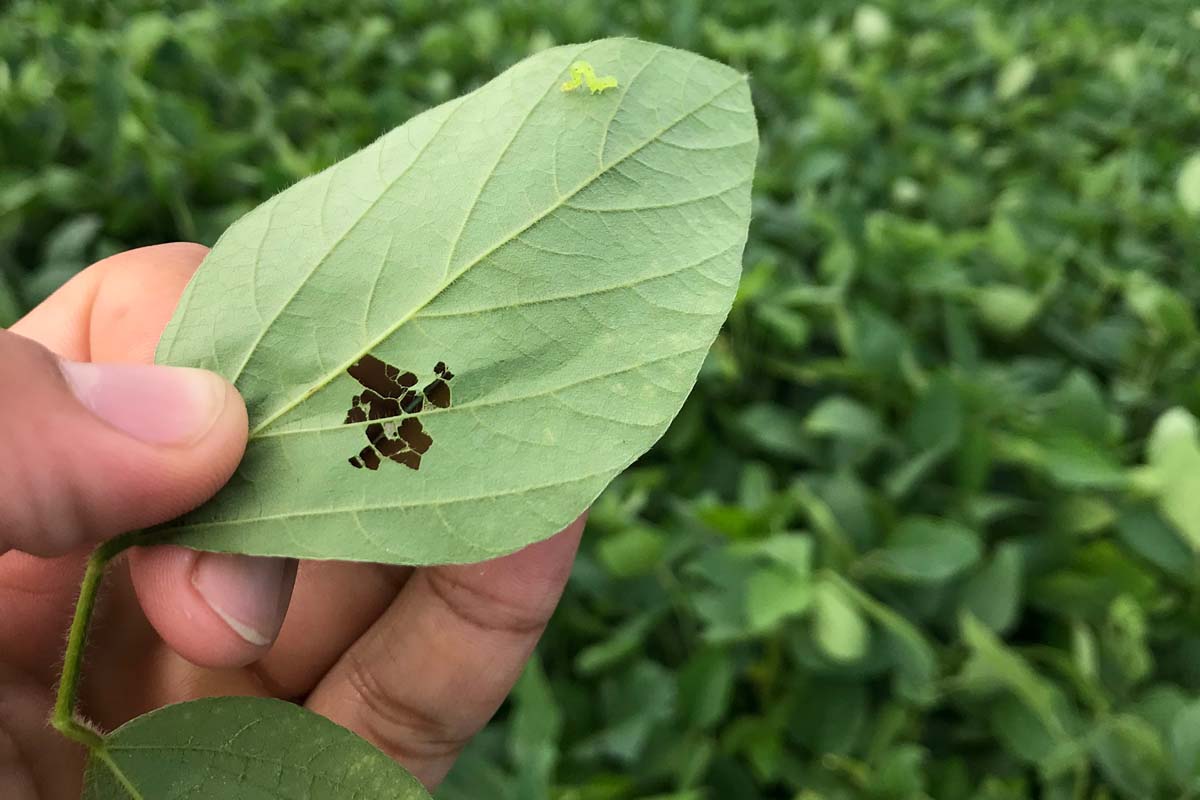
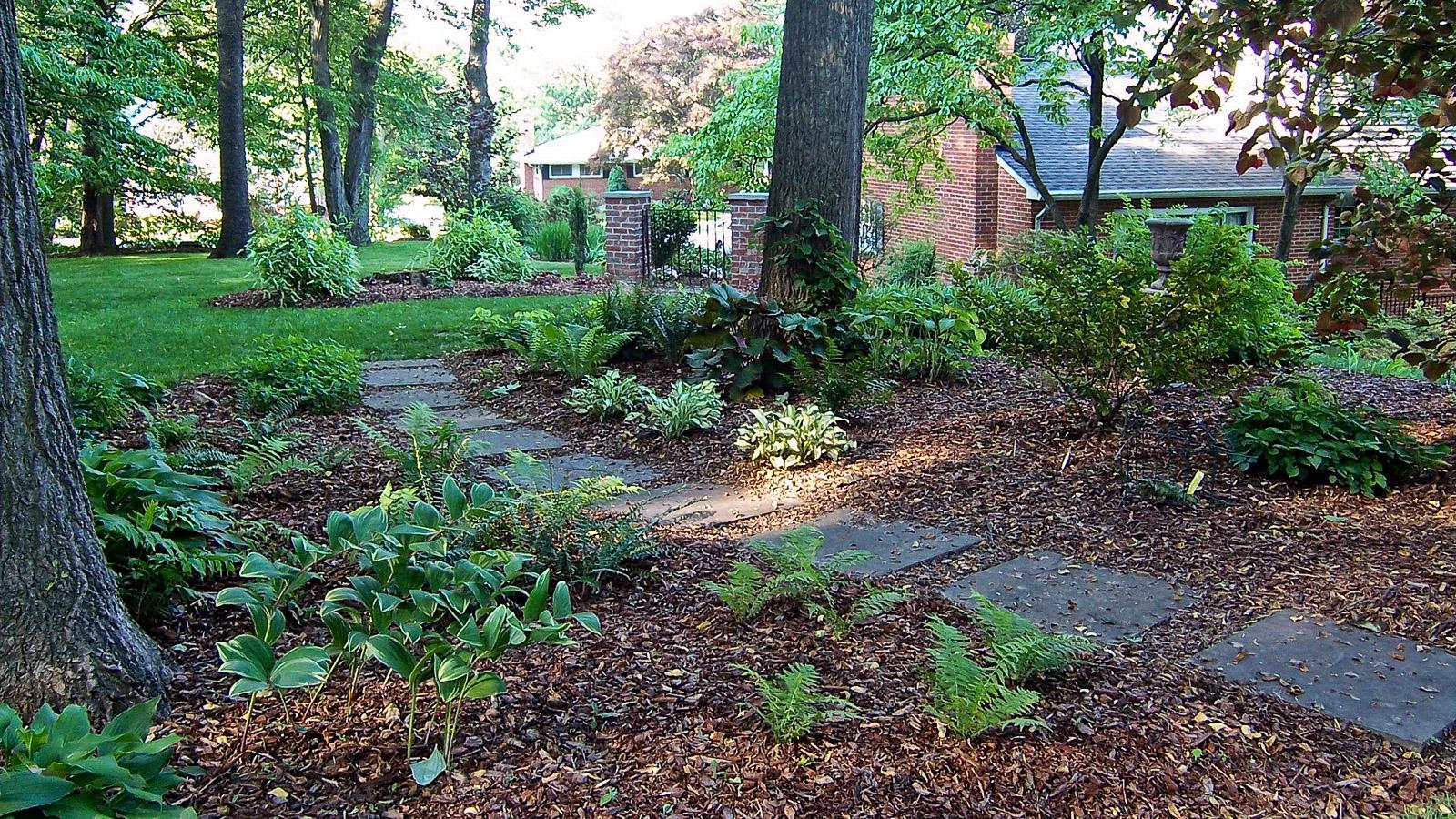
Reduce Lawn Areas
Lawns require a lot of water, fertilizer, and maintenance to keep them green.
Consider reducing lawn areas and replacing them with native plants, shrubs, or ground covers that require less water and maintenance.
Create functional, eco-friendly garden spaces that support local biodiversity.
Use Sustainable Garden Products
Choose eco-friendly garden supplies, tools, and materials such as biodegradable pots, organic fertilizers, and natural pest repellents.
Opt for locally sourced products to reduce carbon emissions associated with transportation and support your local economy.
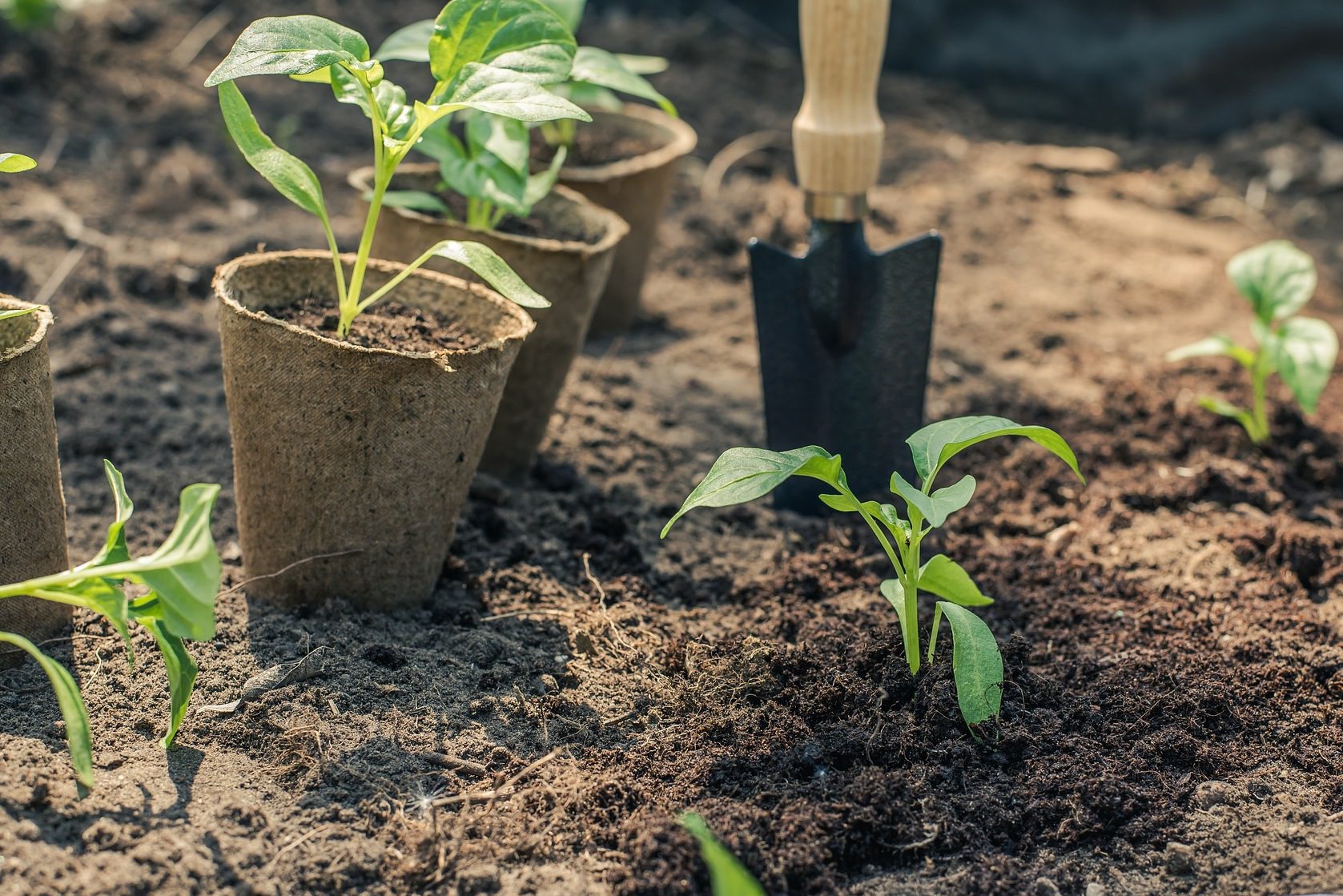
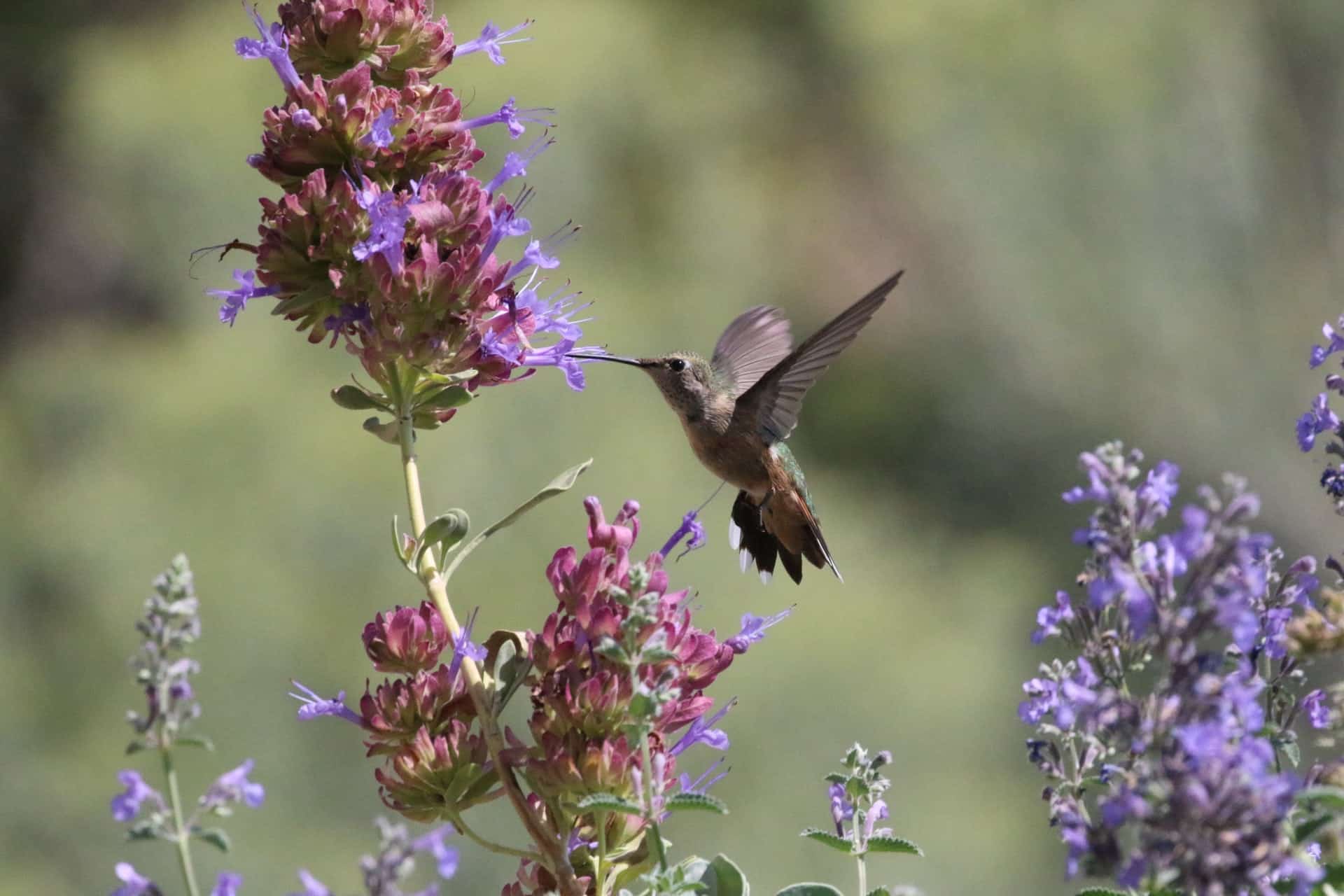
Attract Pollinators
Pollinators like bees, butterflies, and birds play a crucial role in plant reproduction and food production.
Create a pollinator-friendly garden by planting native flowers that provide nectar and pollen throughout the seasons.
Provide shelter and nesting sites for pollinators to thrive.
By adopting sustainable gardening practices, you can create a garden that not only thrives but also contributes positively to the environment.
From conserving water and reducing waste to supporting local biodiversity and educating others, each sustainable choice you make in your garden helps build a greener, healthier future for all.
Start small, make changes where you can, and enjoy the rewards of a sustainable garden that nurtures both plants and planet. Let's continue to cultivate a world where gardens flourish sustainably, one plant at a time.
